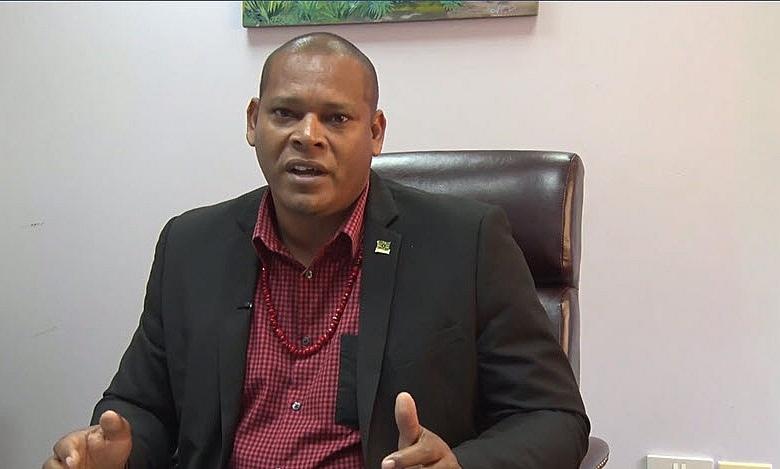Cozier Frederick

Cozier Frederick is a Dominica politician and cultural advocate who currently serves as the Minister for Environment, Rural Modernisation, Kalinago Upliftment and Constituency Empowerment. Representing one of the most diverse portfolios in the Government of the Commonwealth of Dominica, he brings deep knowledge of community needs, indigenous rights, and environmental policy. His leadership emphasizes inclusive development and the integration of traditional knowledge with national progress.
Cozier Frederick’s Background and Cultural Roots
Cozier Frederick is a proud member of Dominica’s Kalinago community, which forms the largest remaining indigenous group in the Eastern Caribbean. He hails from the Kalinago Territory in Dominica, where his upbringing shaped his lifelong dedication to preserving cultural identity, advancing equitable policies, and addressing historical disparities. He began his education at Salybia Primary School, continued at Dominica Grammar School, and later enrolled at the Dominica Teachers Training College. His academic journey culminated at the University of the West Indies, where he expanded his knowledge in development and governance. Frederick has consistently emphasized the importance of local heritage, community voice, and culturally grounded policymaking in both his public service and ministerial leadership.
Ministerial Role and Areas of Oversight
As Minister, Cozier Frederick is tasked with leading one of Dominica’s most community-centric ministries. His responsibilities span environmental sustainability, rural infrastructure development, cultural preservation, and constituency-level empowerment projects. His leadership supports national initiatives aligned with the National Resilience Development Strategy 2030.
Environmental Management and Climate Resilience
He oversees the formulation and enforcement of environmental policies, including forest protection, watershed management, coastal conservation, and compliance with international climate agreements. His contributions have included representing Dominica at major global forums, including COP26 and COP16, where he advocated for stronger support for Small Island Developing States and for indigenous voices in climate dialogue.
Rural Development and Public Services
Frederick leads infrastructure upgrades across underserved rural areas, focusing on roads, access to utilities, and sustainable livelihoods. His rural modernisation policies aim to close the service gap between urban and rural communities, improving mobility, access to education, and social resilience.
Kalinago Upliftment and Indigenous Advancement
He champions programs designed to support Kalinago empowerment, including culturally appropriate housing, job creation through eco-tourism and agriculture, and the preservation of the Kalinago language and customs. Through the Strengthening Community Resilience in the Kalinago Territory (SCR-K) project, he helped secure $1 million in development funding focused on food security, forest conservation, and entrepreneurship.
Constituency Engagement and Empowerment
Frederick actively promotes decentralized development by enabling communities to lead small-scale projects and receive direct funding support. He works with local councils, community-based organizations, and youth groups to improve transparency, planning, and accountability at the constituency level.
International Engagement and Advocacy
Cozier Frederick has consistently amplified Dominica’s voice in international policy spaces. At the COP26 UN Climate Change Conference, he delivered remarks emphasizing the importance of ancestral lands, traditional resource stewardship, and intergenerational justice. He has also spoken on behalf of Dominica at biodiversity conventions and regional resilience roundtables.
His advocacy is marked by a belief in climate justice, the right of indigenous peoples to participate in policymaking, and the urgency of securing climate financing for island nations.
Vision and Ongoing Impact
Frederick’s vision is grounded in sustainability, cultural integrity, and inclusive governance. His ministerial approach reflects a deep respect for the environment and a long-term commitment to building national resilience from the community level up. His work continues to redefine how Dominica balances economic development with ecological and cultural preservation.
He remains a central figure in driving Kalinago and rural representation in national discourse, advancing Dominica’s global leadership in climate adaptation and sustainable development.




